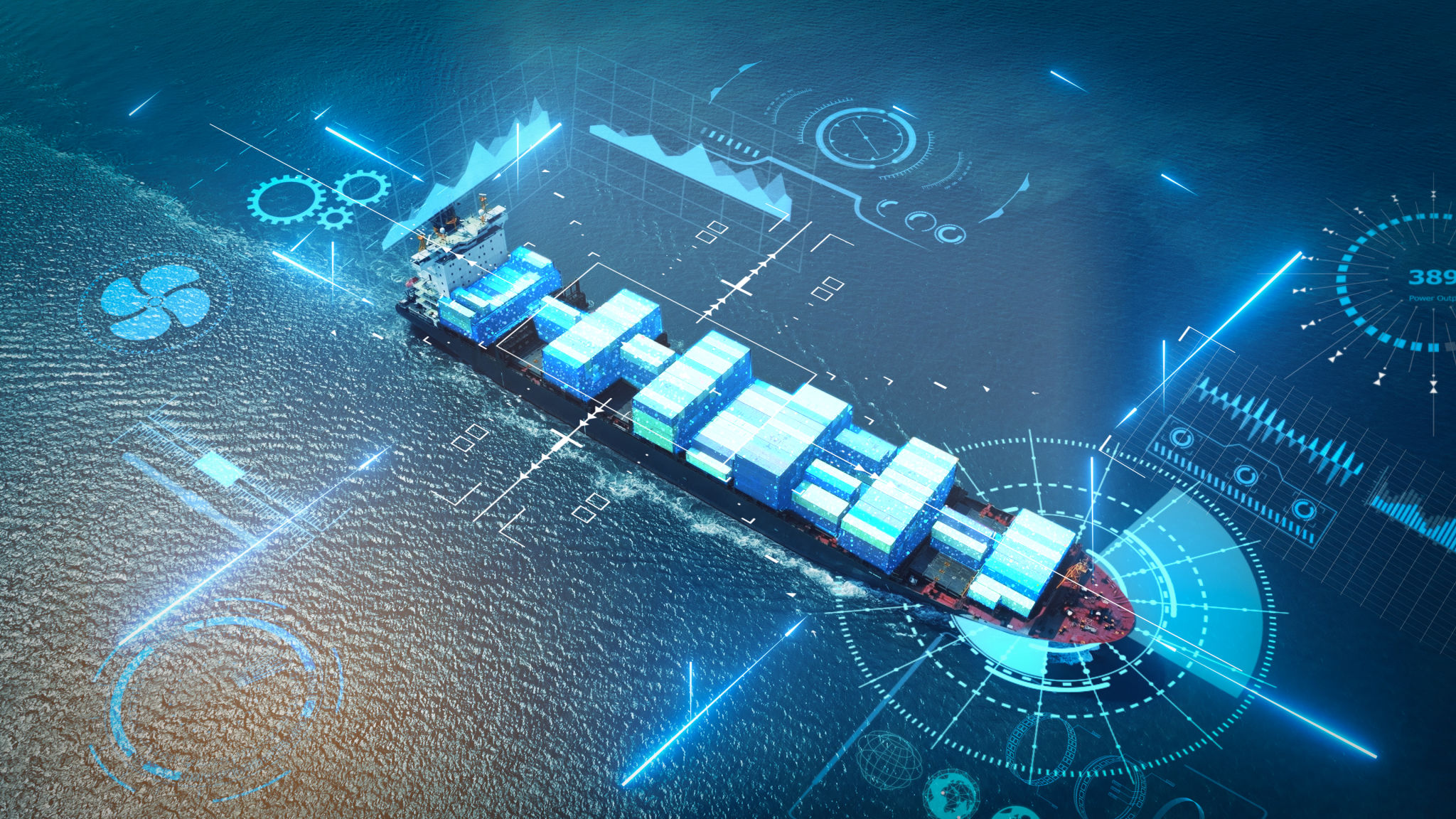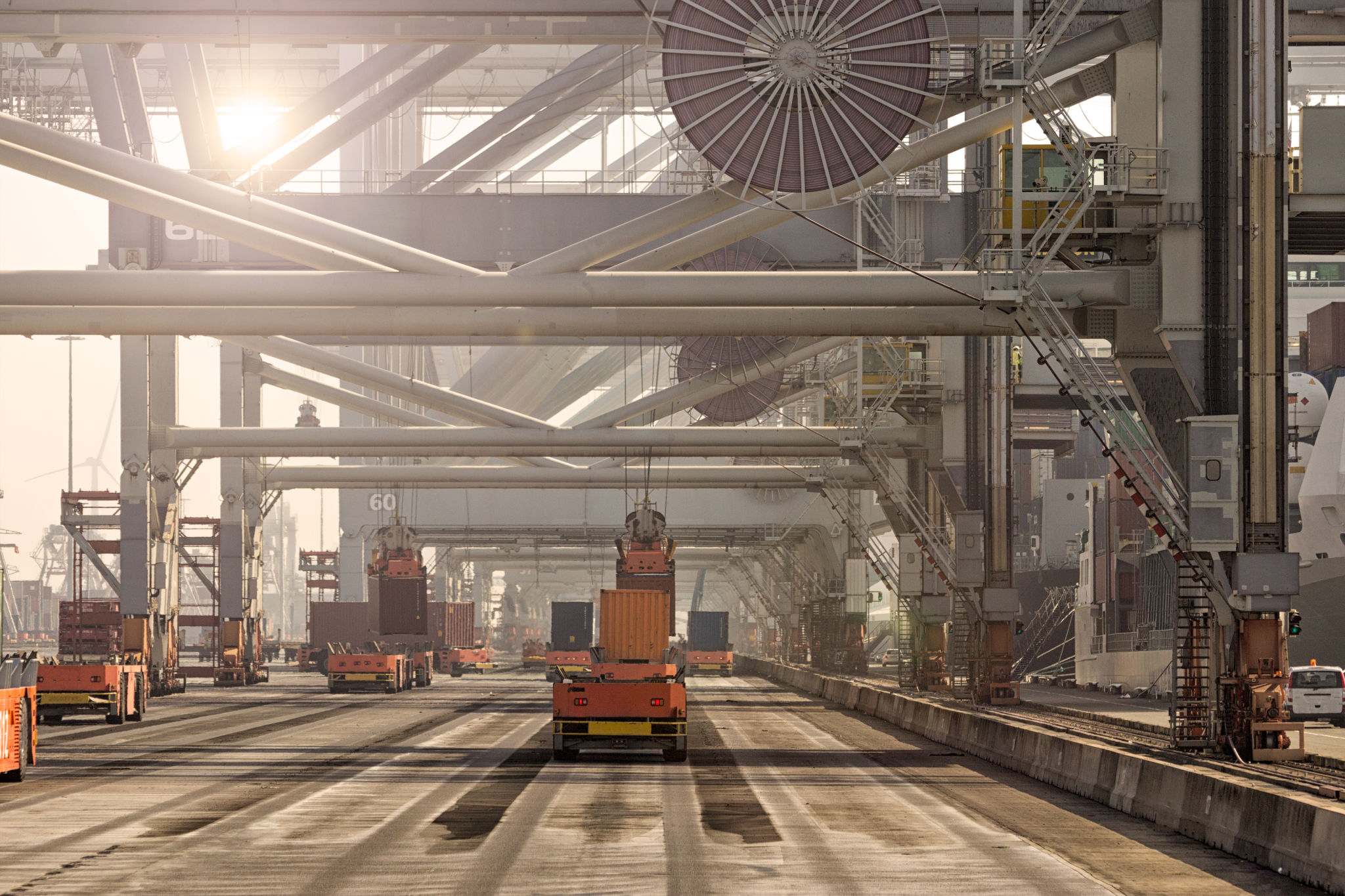Exploring the Future: How AI/ML is Transforming the Maritime Industry
Introduction to AI/ML in Maritime
The maritime industry, a backbone of global trade and commerce, is experiencing a transformative shift with the integration of Artificial Intelligence (AI) and Machine Learning (ML). These technologies are revolutionizing traditional operations, offering unprecedented efficiency and safety. As the industry navigates through these changes, it is crucial to understand how AI and ML are making waves in maritime.

Enhancing Navigation and Safety
One of the most significant impacts of AI/ML is in enhancing navigation systems. AI algorithms process vast amounts of data from radar, GPS, and other sensors to provide real-time insights, helping vessels avoid obstacles and optimize routes. This not only improves fuel efficiency but also reduces the risk of accidents.
Furthermore, AI-powered systems can predict weather conditions with higher accuracy, enabling ships to plan safer journeys by avoiding severe weather patterns. The focus on safety is paramount, as AI technologies help in monitoring ship conditions and alerting crews about potential maintenance issues before they become critical.

Automation and Operational Efficiency
AI and ML applications are automating numerous tasks that were traditionally handled manually. From cargo management to crew scheduling, these technologies streamline operations, reducing human error and operational costs. Automation in cargo handling ensures optimal loading and unloading processes, significantly cutting down the time ships spend in ports.
Additionally, predictive maintenance is becoming a cornerstone of maritime operations. By analyzing data from ship equipment, AI systems predict failures before they occur, allowing for timely interventions and minimizing downtime.

The Role of AI in Environmental Sustainability
The maritime industry is under increasing pressure to reduce its environmental impact. AI/ML is playing a pivotal role in achieving sustainability goals by optimizing fuel consumption and reducing emissions. Smart algorithms analyze various data points to suggest more eco-friendly routes and speeds.
Moreover, AI systems are being developed to monitor water pollution levels and ensure compliance with environmental regulations. This proactive approach not only helps in preserving marine ecosystems but also enhances the industry's reputation for environmental stewardship.
Data-Driven Decision Making
In the age of digitalization, data is a valuable asset. The maritime industry is leveraging AI/ML to transform data into actionable insights. These technologies process enormous volumes of data from various sources, providing decision-makers with comprehensive analyses that inform strategic planning and operational decisions.
By adopting data-driven approaches, companies can make informed decisions that enhance their competitive edge, improve customer satisfaction, and identify new business opportunities.

Challenges and Future Prospects
While the benefits of AI/ML in maritime are substantial, the industry faces several challenges. Integrating these technologies requires significant investment and skilled personnel to manage complex systems. Additionally, cybersecurity concerns must be addressed to protect sensitive information from potential threats.
Despite these challenges, the future looks promising. Continuous advancements in AI/ML are expected to further revolutionize maritime operations. As technology evolves, we can anticipate even greater efficiencies, enhanced safety measures, and more sustainable practices shaping the future of the industry.
